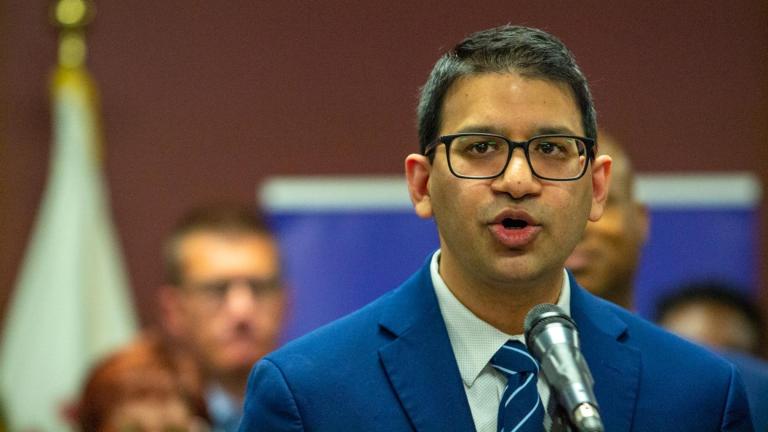More and more colleges and universities are making vaccination for COVID-19 a requirement for staff and students in the fall. Other businesses are more circumspect about making vaccines mandatory and are wary of a potential political backlash. But in a time of global pandemic should vaccines be mandatory? And what are your rights if you refuse a vaccine?
Colleen Connell, executive director for the American Civil Liberties Union of Illinois, says that both government and businesses have the power to impose vaccination requirements to protect public health if justified by data. She notes that public schools already require children to be vaccinated against other diseases as a condition of attendance. However, she says exemptions are typically made for people with objections to vaccination based on religion or who have compelling medical reasons.
But the right to refuse vaccines on religious grounds is not absolute, according to Connell. And she notes that if people claiming religious exemptions, or other anti-vaccine groups, were preventing society from reaching herd immunity then “government has a right to insist on vaccinations.”
Private employers also have that right as long as they permit religious and public health exemptions and they don’t implement a vaccination program in an arbitrary or discriminatory way. But Connell notes that “any hospitals have long required their employees to get annual flu shots.”
Al Gini, professor emeritus of business ethics at Loyola University, says the issue is ultimately about weighing the collective good against individual rights. He has little time for the arguments of anti-vaccine activists.
“I understand the fear,” says Gini. “I wonder at the clarity of thinking.”
For Gini, the ethical issues raised by mandatory vaccinations “come down to the fact that we live in a democratic republic.”
“If we live in a community, we have a responsibility toward others,” Gini said.
And when it comes to colleges and private businesses, they have the right to insist on vaccination because taking a job or attending college are voluntary actions.
“Both are institutions that you choose to join, and you want to be a part of. I think if you want to go to Notre Dame this next year, you have to get vaccinated. If you don’t want to go to Notre Dame, don’t get vaccinated,” he said.
For Gini, the issue is ultimately about the greater good.
“I’ve been reading the stoics in recent months for some clarity, and they have a wonderful metaphor: there’s no such thing as a bee. Bees only exist in colonies of others. Without that colony individual bees die. I think we have to look at it that way.”
Andrew Challenger is a senior vice president at Challenger, Gray & Christmas, which recently surveyed HR managers and found that only 3% of companies planned to insist on employees getting vaccinated. He said that while a vaccine mandate would be easier for companies, they didn’t want to risk the political backlash that might ensue.
“No matter what state you are in right now you are going to have people who are hesitant to get the vaccine,” said Challenger. “There’s too much political heat around the issue.”
But he noted that some companies are already offering incentives, including paid time off and small cash bonuses, to encourage people to get vaccinated. And for those who are currently unemployed but looking for work – getting vaccinated could make all the difference.
“Job seekers who have the vaccine already have a competitive advantage over those who don’t: The fact that it is safe for them to go out and do in-person jobs,” said Challenger.
He encourages all people who are looking for work to let a potential employer know they have been vaccinated.
“There are only positives for your candidacy if you have had the vaccine, if employers know you can come back to the office and can start working right away in whatever position they have available because you are safe to do so,” he said. “It’s a pretty clear advantage for anybody who is out there and looking for work.”








